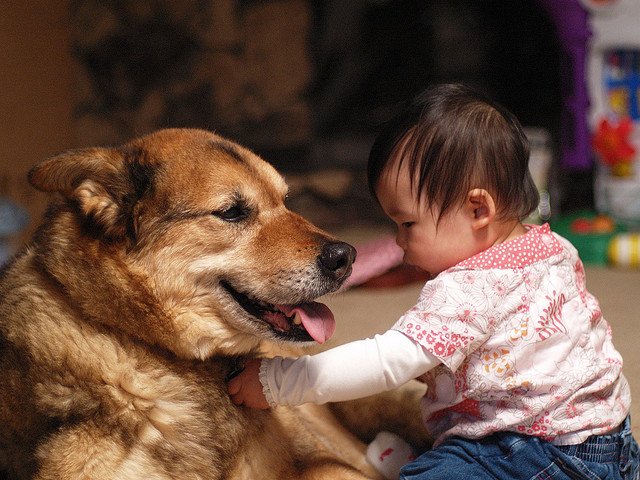
Baby:Be3sdxjthbc= Dog
The concept of “Baby:Be3sdxjthbc= Dog” encapsulates the intricate relationship between early canine development and the nurturing environment necessary for fostering healthy behaviors. As with human infants, the formative experiences of puppies play a crucial role in shaping their future temperament and adaptability. Moreover, the application of modern training techniques, grounded in positive reinforcement, can significantly influence their growth trajectory. Understanding these dynamics not only enhances the welfare of our canine companions but also raises intriguing questions about the methods we employ. What implications do these insights have for dog training and ownership practices?
Understanding the Concept
Understanding the concept of a “baby dog,” commonly referred to as a puppy, involves recognizing the developmental stages and behavioral characteristics that define this early phase of canine life.
Puppy development is marked by rapid growth and learning, during which dog behavior is influenced by genetics, environment, and socialization.
This foundational period is crucial for fostering well-adjusted, confident adult dogs, allowing them the freedom to thrive.
Read Also: Arctic:Iaxp1wlebei= Seal
Benefits of Modern Training of Baby:Be3sdxjthbc= Dog
Modern training techniques for puppies offer a myriad of benefits that significantly enhance their development and integration into family life.
Utilizing positive reinforcement fosters a trusting relationship, encouraging desired behaviors without fear. By applying principles of behavioral psychology, owners can effectively shape their puppy’s actions, promoting emotional well-being and socialization.
This approach empowers both the dog and owner, fostering a harmonious living environment.

Practical Techniques for Success
Successful puppy training hinges on the implementation of practical techniques that are both effective and compassionate.
Utilizing positive reinforcement, such as treats and praise, encourages desired behaviors while fostering a trusting relationship. Coupled with training consistency, where commands and expectations remain uniform, these methods create a supportive environment.
Such an approach not only empowers your puppy but also enhances the overall training experience.
Read Also: App:Tfvvwd3c5k8= Youtube
Building a Strong Bond
Nurturing a strong bond with your puppy is essential for effective training and overall well-being.
Trust development begins with early socialization, exposing your puppy to diverse environments and experiences. This approach fosters confidence and reduces anxiety, facilitating a cooperative relationship.
Consistent positive reinforcement, along with patience and understanding, further enhances this connection, empowering both you and your puppy to thrive in harmony.
Conclusion
In summary, the early stages of a Baby:Be3sdxjthbc= Dog development are crucial for fostering well-adjusted canine behavior. Studies indicate that puppies exposed to socialization experiences within the first 16 weeks of life are significantly less likely to exhibit behavioral issues later on, with a reduction of up to 70% in fear-based reactions. By employing positive reinforcement and nurturing environments, caregivers can facilitate the transition from playful “baby dogs” to confident companions, ensuring a harmonious relationship with their future families.




